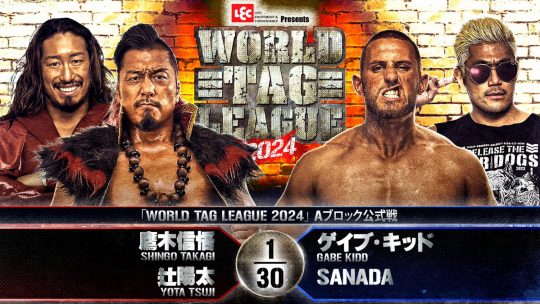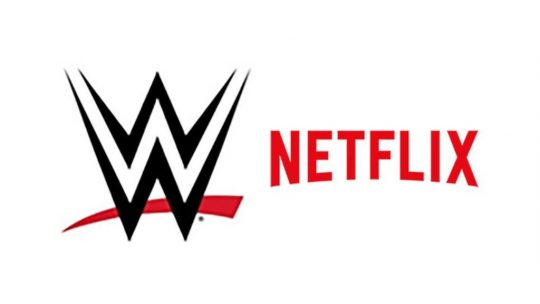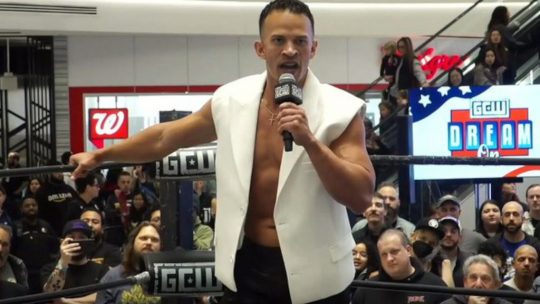Source: The Wrestling Observer Newsletter (F4WOnline.com)
Last week, World Wrestling Entertainment announced that Edward Fatu (a/k/a Umaga) was released because he refused to enter a drug rehabilitation facility after violating the company’s Wellness Program a second time. This should explain why he was telling people, including his family, why he quit, since it was his decision to refuse to attend the rehab that was ordered. However, Fatu wasn’t exactly telling the entire story regarding his dismissal from the company as he claimed his new deal (with his old deal expiring this January) was being negotiated and he was unhappy with the terms. Apparently, his unhappiness concerning the new terms of his contract made him quit six months early, if he is to be believed.
WWE’s announcement came one day after the company released a statement to The Sun that all performers who violate the company’s Wellness Program are reported publicly. The statement was apparently in response to a certain online report questioning whether the company was still adhering to the policy as some developmental wrestlers had reportedly been released as a result of Wellness Policy violations the week prior, but were never publicly announced.
There is some skepticism regarding the situation because the fact remains that WWE had not previously announced a drug test failure concerning Fatu, which should indicate that the company’s public policy of doing so was not being completely adhered to.
WWE officials released a statement to The Sun explaining the discrepancy by saying the delay in announcing his Wellness Policy violation was “due to the unusual nature of Umaga’s termination.”
Company officials knew Fatu had succumbed to a Wellness Policy violation at least by Friday, June 5th, two days before the Extreme Rules pay-per-view. Then, the result of the Samoan Strap match between Umaga and CM Punk was changed to Punk going over instead of Umaga. It is unclear whether they knew by the SmackDown taping on June 2nd, which saw Punk net a clean win over Umaga. All of this should explain why an announcement was not previously made. Although, it once again brings up the question where talent who violate the policy are still put on pay-per-views for the sake of storylines, thus delaying suspensions.
Fatu had one strike stemming from being named in the Signature Pharmacy scandal in August 2007, resulting in a 30-day suspension. Through a government raid, WWE officials learned he had received packages of somatropin, a growth hormone, between July and December 2006. His second strike would have been for a different drug as the company doesn’t send people to rehab for growth hormone (which can’t be tested for anyway) nor steroids.
There is a feeling in the locker room that management was out to get Fatu, with the idea they drug tested him when they knew there was a good chance of catching him. Also, there was some sympathy for him among talent because he was constantly informed of ideas enabling him to shine and then those decisions would change, leaving him with nothing.
 WWE: Kylie Rae on WWE ID Signing, Goldberg on Retirement Match Training & Why He Thinks He Will Look Better in His Match Than Mike Tyson Looked Against Jake Paul, More News
WWE: Kylie Rae on WWE ID Signing, Goldberg on Retirement Match Training & Why He Thinks He Will Look Better in His Match Than Mike Tyson Looked Against Jake Paul, More News Continental Classic 2024 Matches Set for 11/27 AEW Dynamite Show
Continental Classic 2024 Matches Set for 11/27 AEW Dynamite Show NJPW World Tag League 2024 Night 5 Results, Night 6 Card, Updated Standings
NJPW World Tag League 2024 Night 5 Results, Night 6 Card, Updated Standings




